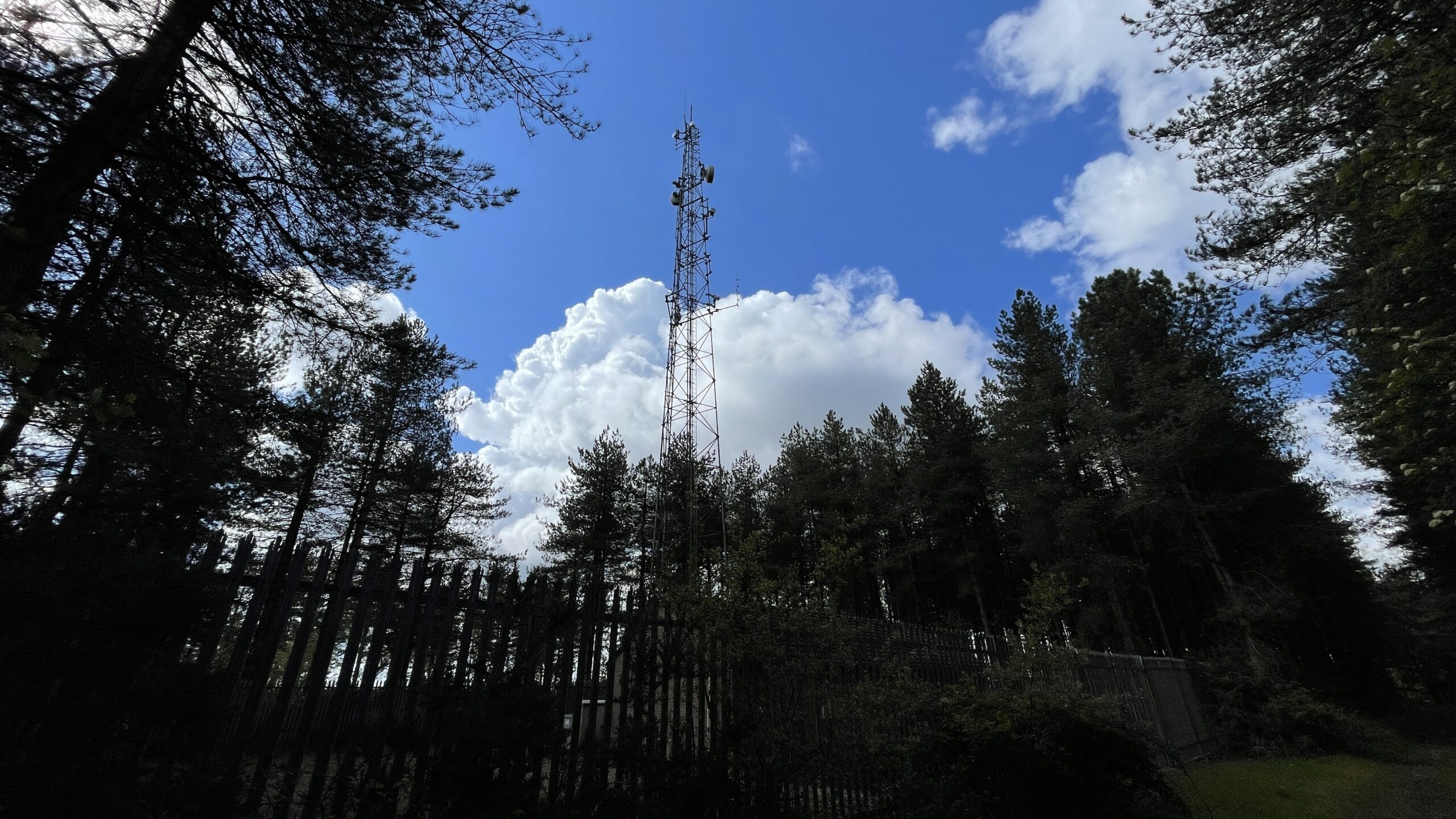 Generic transmitter mast photo
Generic transmitter mast photo
Report: BBC Longwave broadcasts remain vital amid calls to halt planned switch off
As the BBC prepares to switch off its longwave transmissions in 2025 — marking the end of a century of broadcasting history — a new report is urging a dramatic rethink.
In “Still Speaking to the Nations”, researcher Dr. Tobias Thornes lays out a robust case for keeping BBC Radio 4’s longwave service alive. Contrary to the BBC’s claims that longwave is outdated, energy-intensive, and has few listeners, the report finds those arguments don’t hold up under scrutiny.
Firstly, on energy. The BBC argues longwave is inefficient. But Thornes’ analysis reveals that longwave uses just 4% of the BBC’s analogue output power. In fact, FM networks consume significantly more energy — up to six times as much — due to the hundreds of transmitters required to reach the same audience. Moreover, analogue radios — especially longwave — use far less energy than digital radios, smart speakers, or internet-connected devices.
But it’s not just about the environment. The report highlights the crucial role of longwave in national security. In an age of cyber threats and misinformation, longwave remains the only platform that can reach the entire UK — and much of Europe — from a single transmitter, even during power cuts or internet outages.
And while some dismiss longwave as obsolete, the report says it’s anything but. It’s still relied on by rural communities, seafarers, and those with limited digital access. The Shipping Forecast, a maritime staple for a century, still depends on the 198 kHz signal. Yet, the BBC has never surveyed those rural or seafaring groups to understand their listening habits.
There’s also a strong heritage argument. 2025 marks 100 years since the BBC first broadcast on longwave. Campaigners want to see the Droitwich transmitter — which began broadcasting in 1934 — protected as a historic site.
Public support is growing. A petition to save longwave has already gathered nearly 5,000 signatures, with listeners from across the UK and Europe describing it as a “lifeline” and “a vital backup in emergencies.”
Dr. Thornes concludes that ending longwave would not only risk leaving millions without reliable radio access — it could also weaken the UK’s emergency broadcast resilience. He calls on the BBC and the government to reconsider.
Still Speaking to the Nations – Report on BBC Longwave Transmissions


